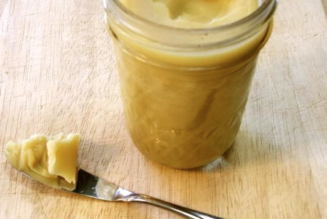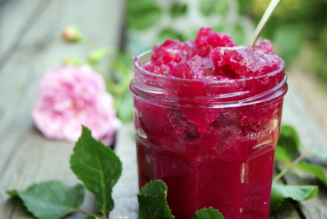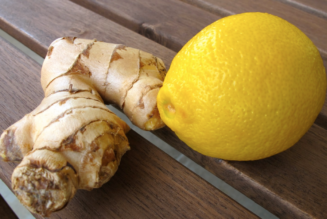The ancients have long considered honey as one of nature’s most remarkable gifts to mankind. Not only is honey considered a sweetener but instead is revered as a natural product with high nutritional and medicinal value. Honey contains sugars like fructose, glucose, maltose along with proteins, fats, minerals, enzymes and amino acids.
“It promotes the healing process.”
The Natural Healer…
According to Charaka – a prolific author of the classical texts of Ayurveda, honey is one of those ingredients which can be taken on a daily basis. These classical texts go on to state that all the organs in the body respond favorably when honey is eaten as indicated. For example, honey is thought to possess a special quality called “yogavahi” which allows honey to penetrate into the body’s deepest tissues. Likewise, honey has “lekhana property” which implies having the ability to scrape out cholesterol and fat explaining its popularity as a weight loss remedy.
Dr. Oz Discusses Why Honey Is Healthier Than Sugar
The Health Benefits Of Honey
“Honey originates from flowers having different tastes and potencies. Honey is considered the best ‘Yogavahi‘ – catalyst substance, carrying the properties of medical drugs added to it.” – Ancient Wisdom
Here are just some of the health benefits of honey:
- improves digestion [agnideepanam]
- improves the complexion of skin [varnyam]
- heals wounds and certain skin diseases [shodhanam ropanam – kushta]
- improves vision [chakshushyam]
- good for the heart [hrudya]
- penetrates into deep bodily channels [sookshma marganusai]
- helpful in managing diabetic and urinary tract diseases [meha]
… and much much more!
Generally, the consumption of honey should not be more than 4-5 teaspoons daily taking into consideration one’s overall state of health and digestion.
Types Of Honey
Ayurveda has classified honey depending on the type of bee which collects the honey and the qualities which the honey possess. The following types of honey include:
Makshika. This honey is collected by small honey bees and is considered the best type of honey with immense medicinal properties. This honey possesses light and dry qualities and is beneficial for kapha conditions.
Kshoudra. This honey is collected by medium sized honey bees and is characterized as being light and cold and described as being able to dissolve kapha.
Pouttika. This honey is collected by larger bees and collects honey from the nectar of poisonous flowers. This type of honey is known to increase vata and conditions such as gouty arthritis.
Bhramara. This honey is sticky in nature and collected by large bees.
Chatra. This honey possess heavy and cold qualities and thought to be beneficial in gout and conditions of abnormal skin pigmentation such as vitiligo.
Arghya. This type of honey is described as being good for eyes but may cause arthritis.
Oudalaka. This type of honey is described in the classical texts as being useful in skin diseases, and helps in bringing about clarity to the voice.
Dala. This type of honey is dry in quality and has been described as helping to reduce nausea and vomiting.
“Nothing is so troublesome as ama [indigestion] caused by
the improper intake of honey.’
– Charaka Samhita
Caution:
Honey is natural and considered harmless for adults. However, pediatricians strongly caution against feeding honey to children under 1 year old. Ayurveda also explains certain precautions for the use of honey.
- honey should not be heated nor used in conditions of excess heat
- honey and ghee are considered incompatible when used in equal amounts – by weight.
- honey and sesame oil are also considered incompatible in equal amounts
Disclaimer:
This is strictly for education purposes and not considered medical advice. Always first seek the advice of your primary care physician before considering any new health regimen. Also, take special caution against feeding honey to children under 1 year old.
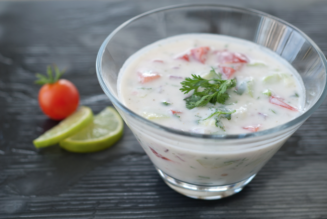
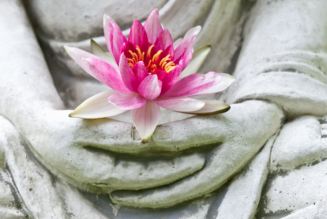
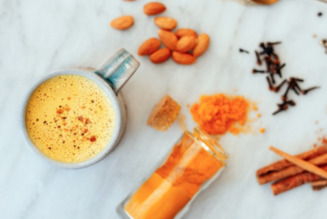
![Female Health: Amenorrhea [cessation of menses] – An Ayurvedic Perspective](https://healthyayurveda.com/wp-content/uploads/2015/07/1.-Amenorhea--327x219.png)

